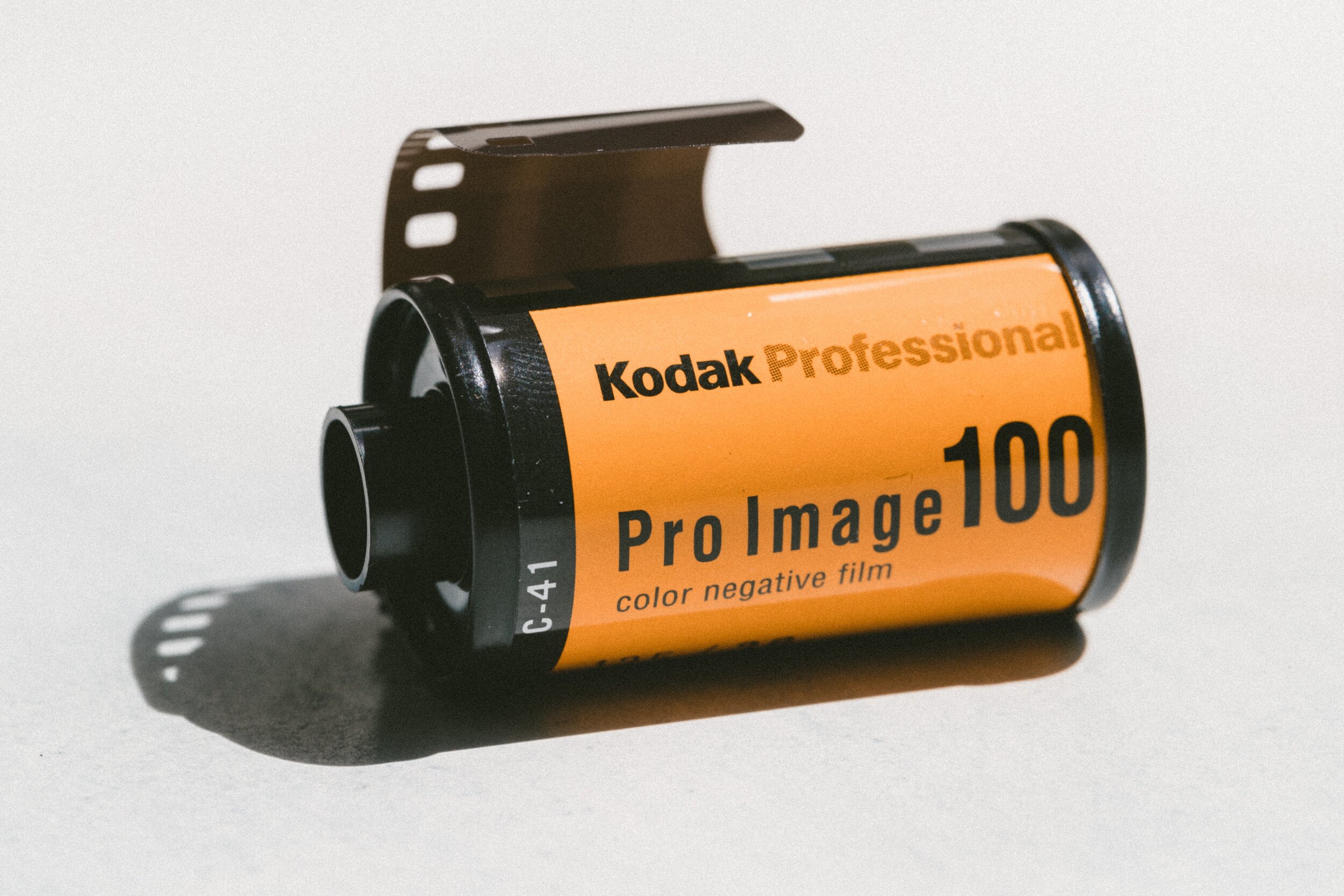This n' That: Yesterday, Today, and Tomorrow
Photo by Marten Bjork on Unsplash
Explosions cause damage to Beirut’s art venues
A pair of explosions at the Port of Beirut involving ammonium nitrate—a normally stable compound used in fertilizer—has already killed more than one hundred people and injured over five thousand others, overwhelming hospitals already struggling from the pandemic. Officials say that the cause of the disaster is still under investigation. The aftermath of the blast was akin to a 3.3 magnitude shockwave, shattering glass and destabilizing buildings in the surrounding radius.
Many of these structures included art museums and galleries. Some of these galleries had only recently reopened after costly renovations. With the buildings decimated, some art collections have been permanently damaged, like those from the Sursock Museum. Other spaces in the area such as Sfeir-Semler, Gallerie Janine Rubeiz, and the Rams and Said Dalloul Art Foundation have sustained damages, but have confirmed all staff remain unharmed.
In a country already in a state of severe economic collapse, exacerbated by the costs of the pandemic, many art spaces will struggle to rebuild under such conditions. Large-scale protests against political mismanagement and government resistance to necessary reforms began in October of last year. Since then, the country’s currency has lost more than eighty percent of its value, prompting that electricity be limited to only a few hours per day, spikes in unemployment, and an overflow of coronavirus cases in an already fragile healthcare system. Hence, the restoration of museums will probably remain low on the list of priorities.
Steve McQueen’s retrospective extended at the Tate Modern in London
Steve McQueen’s retrospective at London’s Tate Modern has a new extension date since the museum’s closure back in March. After reopening this past Friday, August 7th, the Tate will extend McQueen’s exhibition until September 6th. Like many reopening galleries amidst the pandemic, the Tate is extending shows and exhibitions prior to its closing. The prestigious gallery will continue to host McQueen’s award-winning show which arches over twenty years and highlights fourteen works extending from photography to film to sculpture, embedded with subjects of representation, individuality, and history. The Tate will continue to operate within the government’s current social-distancing implications—including face masks and limiting the number of visitors inside at a given time.
Photo by Simon Woehrer on Unsplash
Camera Brand to stop implementing terms like “master” and “slave”
Since the huge Black Lives Matter movement that surged after George Floyd's death, many camera companies are discontinuing the use of the terms “master” and “slave” in association with their cameras. Nikon and Canon had already dropped the terminology years ago. The newest camera manufacturer to cease usage of these words is Leica. The company will replace “master” with “commander” and “slave” with “remote” in relation to its camera flash triggering systems. The words have negative connotations because of their derogatory use extending thousands of years ago to imply ownership and submission. Over the past two decades, many companies have followed Nikon and Canon, and hopefully many more will follow suit.
Photo by Jakob Owens on Unsplash
Kodak receives loan from Trump administration
About eight years ago, Kodak filed for bankruptcy and began selling off assets in an attempt to stay financially afloat. The camera company was one of the worst affected by the digital camera revolution when it did not evolve with the industry and the overall sale of film plummeted. However, the survival of Kodak may come from an unlikely source: COVID-19. The federal government has proposed a loan of three quarters of a billion dollars to leverage Kodak’s facilities and its procedures for developing chemicals, whose traditional use was for the production of camera film. These chemicals will be utilized in combating the coronavirus by producing ingredients for generic drugs used to fight the disease. The executive chairman of Kodak claims the loan is to help strengthen America’s self-sufficiency in producing pharmaceutical ingredients, since we are dependent on foreign supply chains for often essential medicines. Kodak isn’t the first manufacturer in the industry to pivot in an effort to combat COVID-19; Fujifilm has already been working on one of the most promising vaccines.











